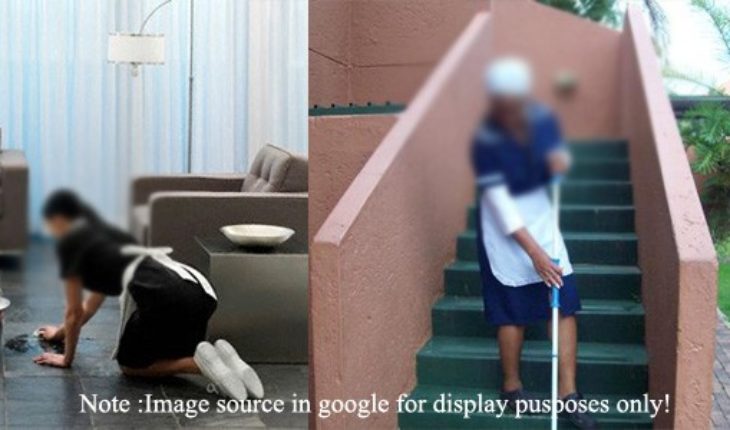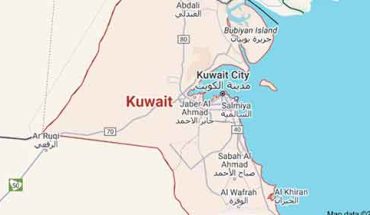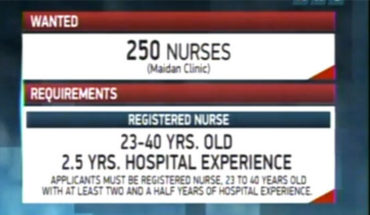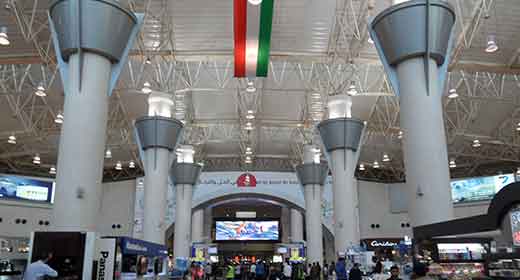The new contract entitles domestic workers to a weekly day off, annual leave and the right to live outside their employer’s house, the director general of Kuwait’s Public Authority for Manpower, Jamal Al-Dossari, told AFP. It also limits the working day to eight hours.
The GCC, comprising Bahrain, Kuwait, Oman, Qatar, Saudi Arabia and United Arab Emirates, has repeatedly come under strong criticism by international rights groups for alleged maltreatment of foreign workers, particularly domestic helpers. “The contract has been approved by the ministers, though some countries said they have laws that are better for workers. The ministers agreed that the contract should be the minimum granted to workers,” Dossari said.
Under the contract, domestic helpers are also entitled to end of service indemnity and overtime pay for extra work for a maximum of two hours daily, in addition to banning employers from confiscating the workers’ passports. Ninety international rights and labour groups called in a joint statement Sunday for urgent action to protect migrant workers, especially maids in the Gulf.
The statement charged that millions of Asians and Africans are facing abuses including unpaid wages, confiscation of passports, physical violence and forced labour. GCC countries have also come under fire for the “kafala” system of sponsorship which restricts most workers from moving to a new job before their contracts end unless their employers agree, trapping many workers.
Dossari said that GCC labour ministers and their counterparts from 12 Asian countries at their meeting on Wednesday-Thursday will discuss “ways to bridge the gap between the two groups and resolve problems facing workers.”
Read more : arabtimesonline.com
“The blueprint of the contract sets the daily working hours at eight, limits overtime to two hours, requires the provision of decent accommodation, and stipulates the right for days off,” Jamal Al Dosari, the director general of the public authority for workforce in Kuwait, said following the meeting of the Gulf Cooperation Council (GCC) labour undersecretaries in Kuwait City.
“It bans employers from keeping the passports of their employees, ensures the freedom of domestic helpers to move or live outside the home of the employer and to travel at any time. It also commits employers to provide air tickets for the helpers at the end of the contract,” Al Dosari said, quoted by Kuwait News Agency (Kuna).
The single contract will take force after it is approved by the GCC labour ministers, he added on Monday.
The issue of expatriates working in the six GCC countries — Bahrain, Kuwait, Oman, Qatar, Saudi Arabia and the UAE — has been a hot international topic, due mainly to the existence of the controversial sponsorship system.
Under the system, foreigners cannot work in the Gulf unless they are sponsored by an employer. They cannot move on to another job or leave the country without their sponsors’ approval.
Employers argued that without the “regulatory system”, their businesses would be affected as employees tend to abscond or switch jobs even though they had invested money in bringing them into the country and, quite often, training them.
However, the GCC countries have been taking new measures as a compromise between the two sides.
According to Kuna, Bahrain’s Labour Undersecretary Sabah Al Dosari called on any foreign labour organisations or human rights groups that could have any negative remarks or observations on labour-related situations to present them to the concerned GCC country or refer them to the World Labour Organisation.
“We in the GCC welcome the foreign workers and we do appreciate their contributions to the development of our countries,” he said, quoted by the news agency.
Source(s) : gulfnews.com |arabtimesonline.com












